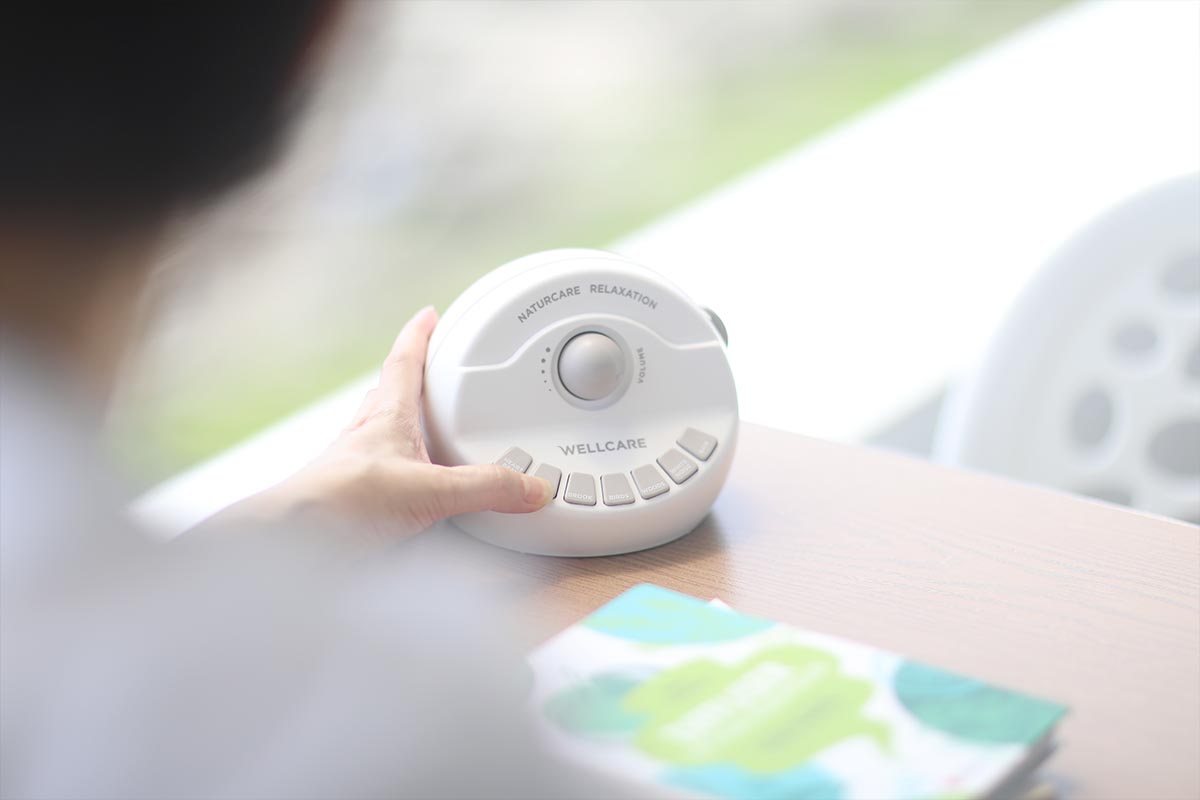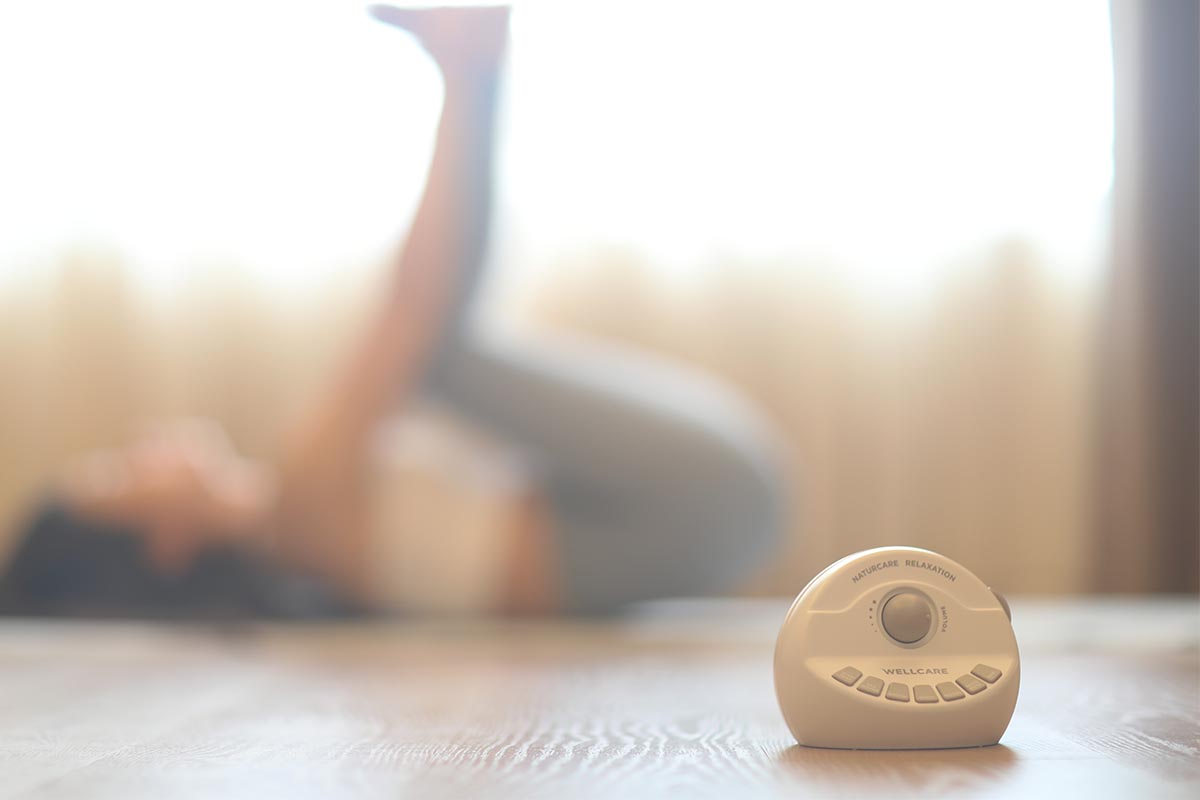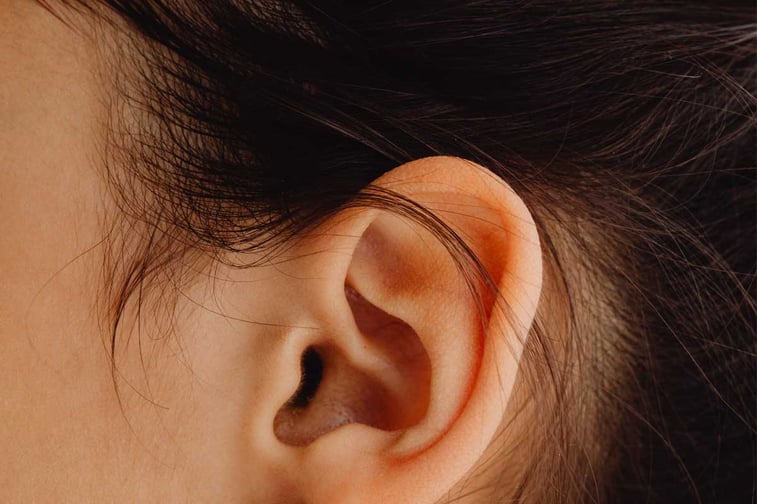Susanna Reid's tinnitus has been affecting her for 17 years. Learn more about her challenges with it and how she's coped with the condition.
Susanna Reid is an English journalist and television presenter. She is best known as the lead presenter of the ITV Breakfast program Good Morning Britain. Susanna, together with her co-anchor Ben Shephard and formerly Piers Morgan, would often try to brighten up our mornings. However, beyond the fun banter and wide smiles, Susanna has had to overcome a lot of challenges in her journalistic career including battling tinnitus.
In 2004, Susanna experienced difficulties while giving birth to her son Finn. While she and her son thankfully pulled through, Susanna started hearing an unusual ringing sound in her ear. It was only after she consulted a general practitioner that she discovered she had tinnitus.
Yearning for Silence
Tinnitus is a condition where you experience a ringing noise in one or both of your ears. This noise isn’t caused by any external source and other people cannot hear it. Affecting about 15–20% of people, tinnitus is a common condition, particularly in older adults.
Living with tinnitus for 17 years and counting, Susanna expressed her longing for silence. “When I first started hearing it, which was probably about ten years ago, I became quite distressed that I would never hear silence again," Susanna said.
This is a sentiment that is echoed by all tinnitus sufferers. Relaxing on the sofa or sleeping peacefully becomes a luxury when at any moment, the effects of tinnitus ruin any chance for a quiet, peaceful slumber.
Many people affected by tinnitus often wake up in the middle of the night because of an unceasing scream that no one else can hear. It can also often cause anxiety and panic attacks since the presence of this sound is constant.

Tinnitus affects many people around the world, and for some, it causes anxiety.
"The noise you used to hear when TV programming finished at the end of the day? That. In my head." Susanna shared over on her Twitter account.
Much to the chagrin of Susanna Reid, tinnitus is an incurable disease and she has had to find ways to cope.
The Detrimental Effects of Tinnitus on Daily Life
An incessant ringing in your ear that may come or go at any time or stay with you 24/7 causes a lot of distress. Imagine coming home from work, wanting to rest but you’re unable to because of the constant ringing in your ears. Like Susanna, people suffering from tinnitus can experience a long list of detrimental effects. These include:
Personal Economic Loss
Depending on the severity, tinnitus can cause significant financial consequences. An individual suffering from tinnitus may experience personal economic loss—accounting for lost earnings, diminished productivity, and additional health expenses—amounting to around £24,500 annually.
Socio-Economic Effect
According to a study funded by the British Tinnitus Association, the average healthcare cost of tinnitus management in the UK is calculated to be £717 per patient annually. This equates to the NHS healthcare bill of £750 million per year.
The study calculated that more than 1.05 million general practitioner consultations for tinnitus take place yearly. This means that the condition has an estimated socioeconomic cost of £2.7 billion per year.
Mental Health Decline
Additionally, hearing loss and tinnitus can affect your mental health significantly. The unbearable noise in your ear affects your concentration and can prevent you from thinking rationally. Tinnitus often leads to distress, frequent mood swings, sleep disturbances, irritability, and pain.
In some cases, tinnitus sufferers develop mental health conditions including depression, anxiety, schizophrenia, and dementia. There are also some instances where tinnitus triggers episodes of extreme anger and suicidal ideation.
Tinnitus Can Affect Anyone—Celebrities Included
No one is immune to the mind-numbing noise induced by tinnitus. This disease knows no age, gender, race, or social status—everyone is susceptible. Here are a few other celebrities who are living with this condition:
William Adams a.k.a Will.I.Am
Hip-hop producer Will.I.Am, best known as a member of the rap group Black Eyed Peas, also suffers from tinnitus. In an interview with the British newspaper The Sun, he shared his experience living with the disease.
In order to cope with tinnitus, Will.I.Am constantly keeps himself occupied with work in order to drown out the unceasing ringing in his ears. "I don’t know what silence sounds like anymore. Music is the only thing which eases my pain.” Will.I.Am added.
Whoopi Goldberg
Whoopi Goldberg is a beloved, multi-talented American actress. She is also a comedienne, talk show host, and singer who has won Emmy, Grammy, Oscar, and Tony awards. With all of her accolades, one would be surprised to learn that she suffers from hearing loss and tinnitus.
During an interview with the National Enquirer in 2011, Whoopi expressed how she has been living with hearing difficulties. She attributed her condition to “years and years of listening to music so loudly and so close to the delicate eardrum.” To cope with her condition, she now wears hearing aids in both ears.
William Shatner
Best known for his inimitable portrayal of Captain Kirk on the sci-fi show Star Trek, William Shatner is a Hollywood legend. However, the same TV show became the cause of his hearing difficulties. William, along with his late co-actor Leonard Nimoy, acquired tinnitus after being involved in a pyrotechnics accident during the filming of an episode of their show. Today, he is an avid sponsor of the American Tinnitus Association and actively supports their search for a cure.
Coping With Tinnitus
While tinnitus is incurable, there are many ways to improve your condition. As expressed by Susanna Reid, “Don’t suffer in silence.” Your quality of life can improve significantly by seeking medical advice from your general practitioner. Depending on the symptoms, your doctor may suggest:
- Use Hearing Aids
People suffering from tinnitus caused by noise-induced or age-related hearing loss may improve their symptoms by using hearing aids. - Remove Earwax Blockage
In certain cases, tinnitus symptoms can be improved through earwax removal. We recommend consulting with your general practitioner if this treatment is appropriate for your condition. - Suppress the Noise
Although there is still no known cure for tinnitus, making the symptoms less noticeable is possible. You can cope with the unceasing ringing in your ear through noise suppression. This is done through various means including white noise machines and sound masking devices.
How Sound Masking Works
Masking is a form of sound therapy, which aims to partially or completely cover the sound of tinnitus. While tinnitus causes you to hear a non-auditory internal sound, masking devices create real, external noises that counteract your perception and reaction to tinnitus.
By introducing pleasing nature sounds at a volume that is usually similarly or slightly louder, these devices help you from noticing the ringing in your ear.
That said, it is important to note that while utilizing sound masking devices, tinnitus sufferers should be mindful of the volume control as prolonged exposure to loud sounds may cause hearing fatigue or hearing damage.
Sound masking has been diagnosed and recommended by a professional (behavioral therapist), and the effect is very positive. If you are thinking of purchasing a sound masking device, we recommend consulting with a professional for a diagnosis before making your purchase.
A Leading-Edge Sound Masking Device
Wanting to improve quality of life for people suffering from tinnitus, Wellcare developed a cutting-edge masking device— Naturcare Sound Relaxation .
Geared toward relaxation, stress relief, and meditation, Naturcare Sound Relaxation is programmed to mimic the sounds of nature.

With Wellcare's Naturcare Relaxation, you may choose from seven different natural sounds to help you relax.
The device can play 7 natural sounds including:
Heartbeats

Back to the mother's womb, dancing with the hands and feet to the rhythm of the heartbeat sound
Ocean waves

Lying by the shore, letting the tides change, with the waves rolling in from far and near, as if the world pauses in this moment.
Babbling brooks

The waterfall cascading in the mountains, holding onto the splashed water droplets, becoming one with the stream and continuing its journey.
Birdsong

Long and short calls echoing, flying without a trace in the mountains and forests. The best way to convey is through beautiful sounds of interaction.
Woodland sounds

Crickets chirping, imagining them as heroes fighting and seeking mates on a green field stage.
White noise
Like a traditional TV, with no program sound, it was boring and put Dad to sleep. Turning off the sound woke him up.
Rain

Mom says rain sounds like urging kids to wake up. To me, rain hitting the window brings an indescribable peace.
Immerse yourself in a natural sound environment that helps you mask or ignore the unceasing ringing in your ear, allowing you to relax, focus on your tasks, or enjoy a peaceful slumber.
While not a substitute for medical treatments, Naturcare Sound Relaxation is an option that can significantly improve your condition and benefit your overall mental health.

As if being in a natural sound environment, you will gradually feel more relaxed and safe.
Consult Your General Practitioner
Masking and other forms of noise suppression help in keeping tinnitus symptoms at bay. When done simultaneously with daily exercises, a balanced diet, and recommendations by your general practitioner, masking can improve your quality of life.
Conclusion
Dealing with tinnitus is a life-altering condition that affects the mental health of those afflicted by this condition. With Wellcare’s Nature Sound , transcend your personal challenges with the condition by starting your journey with our sound masking technology today.


.png?width=512&name=united-kingdom%20(1).png)


